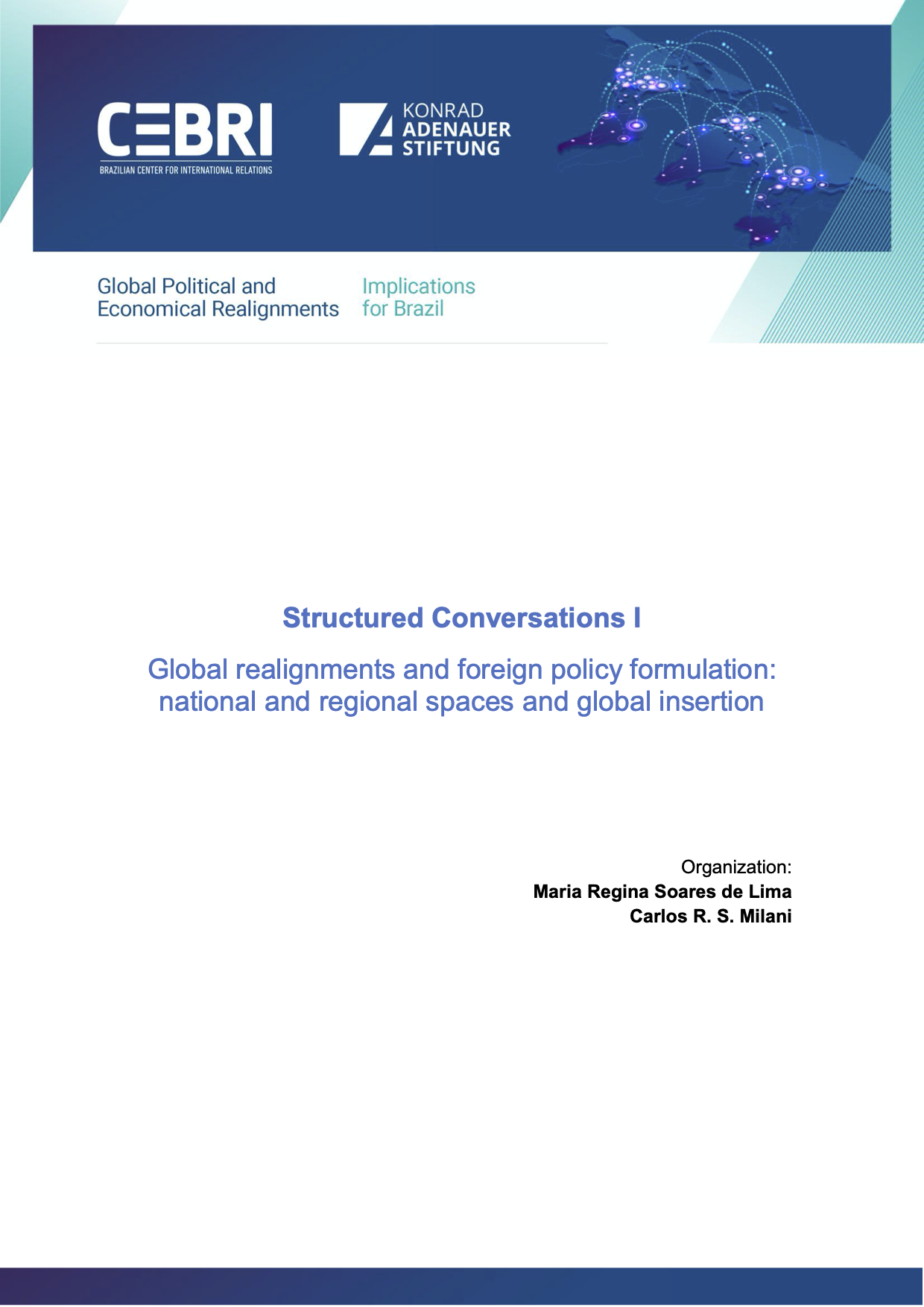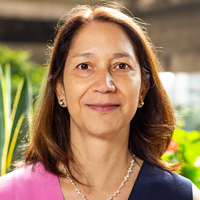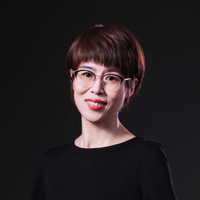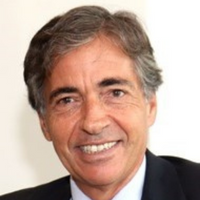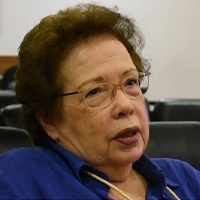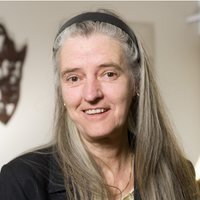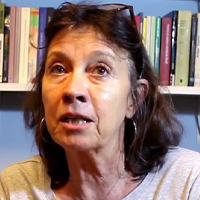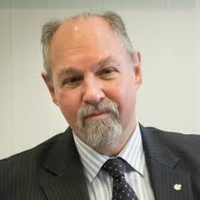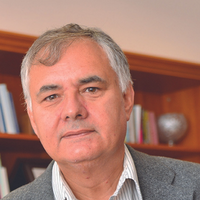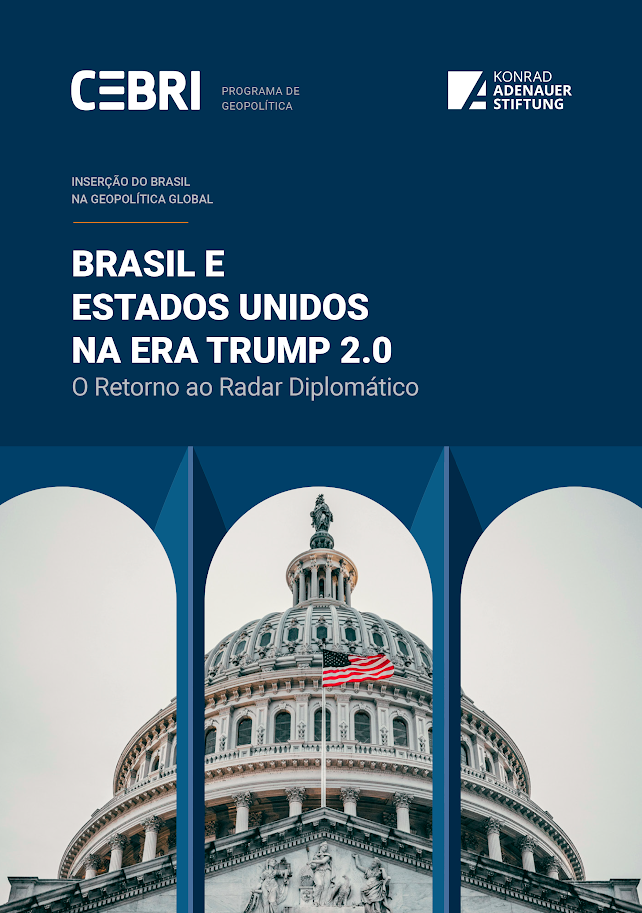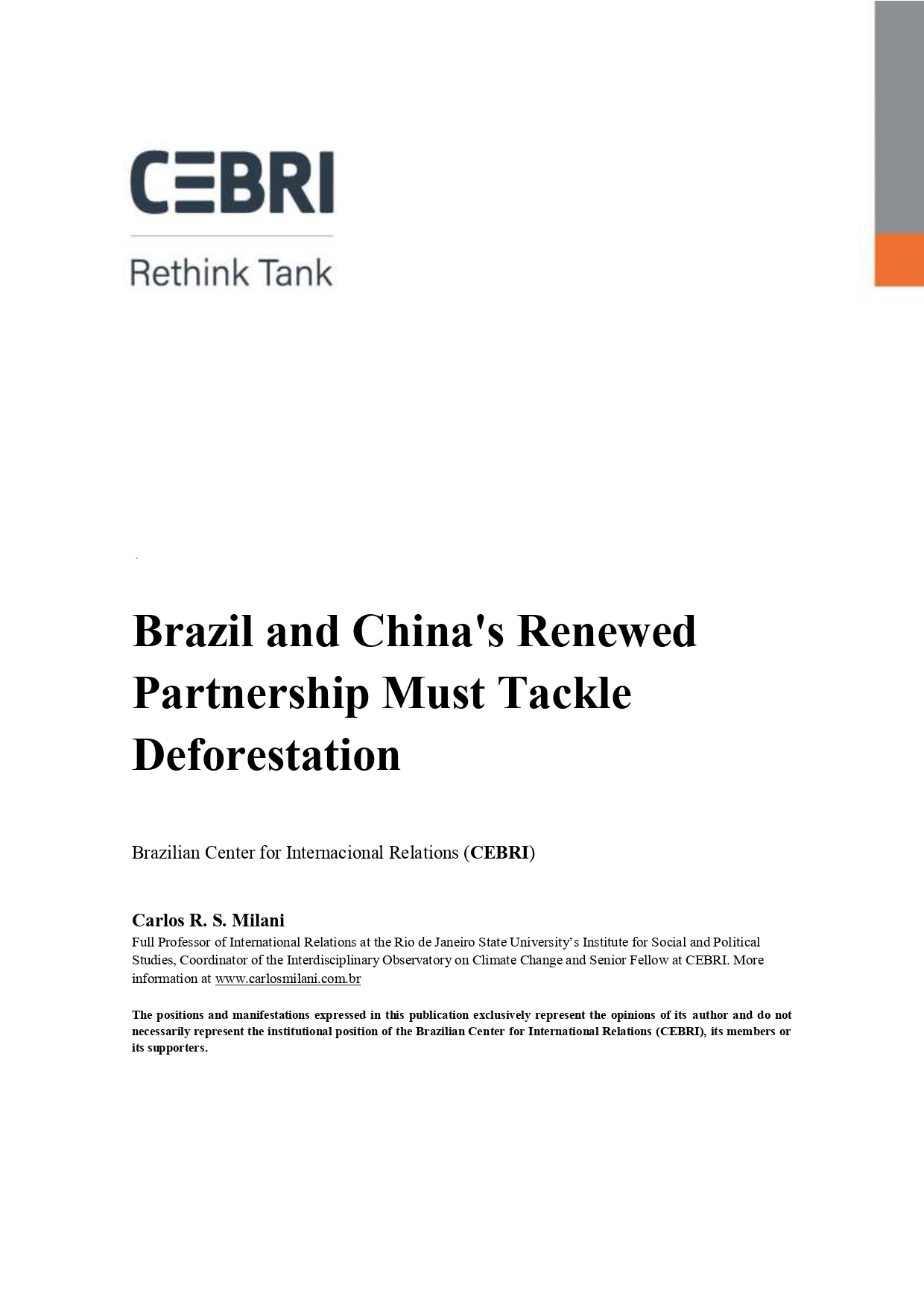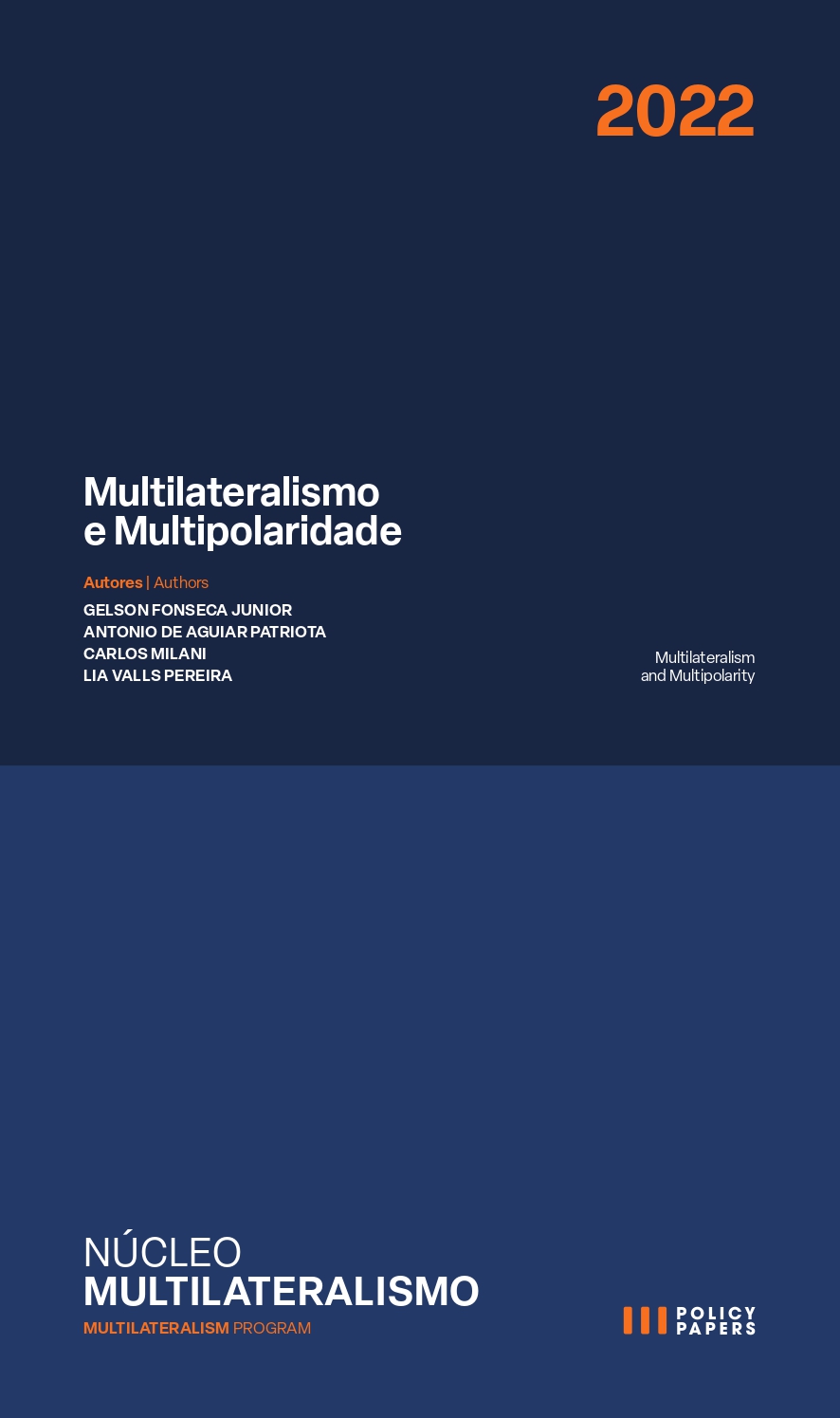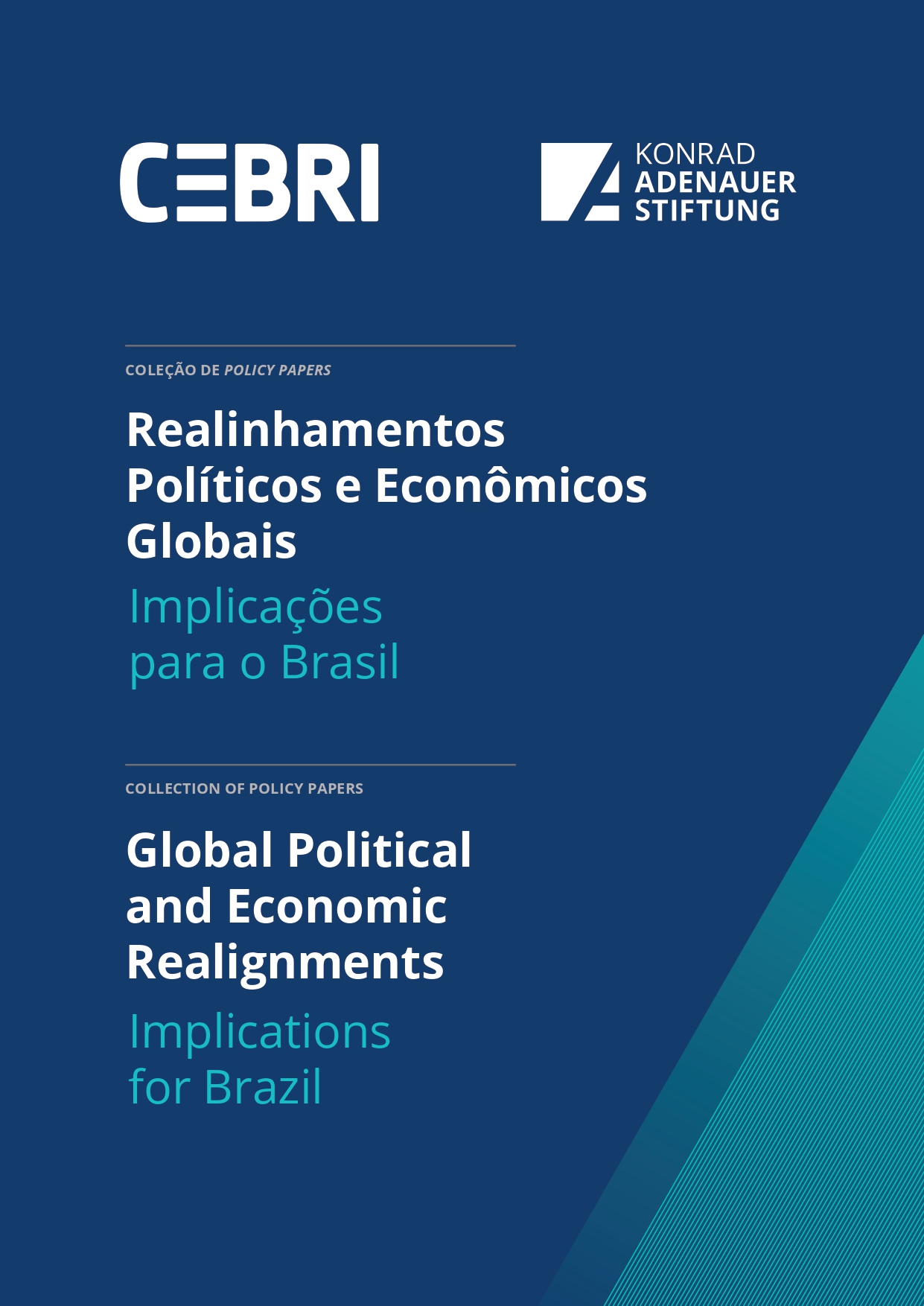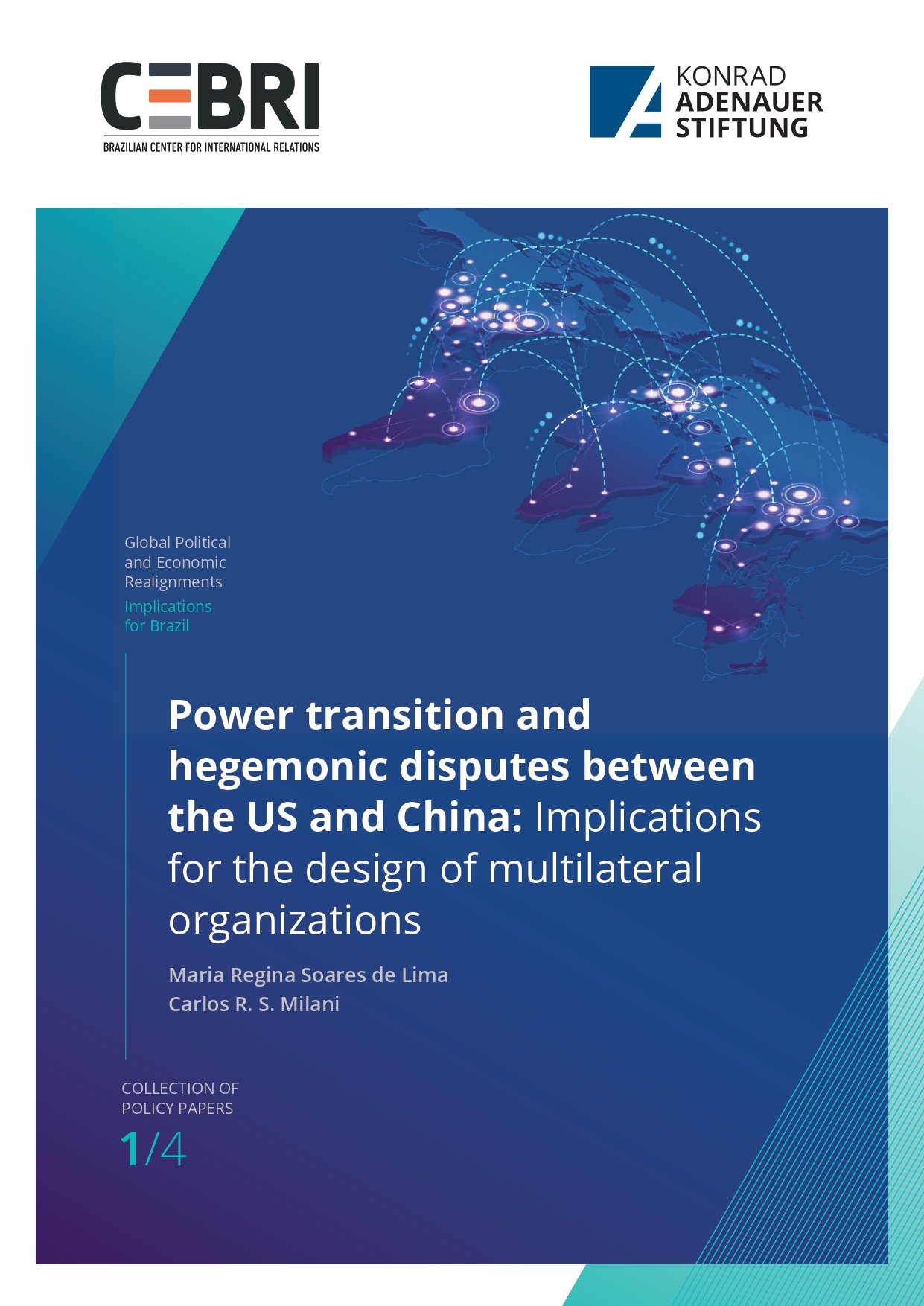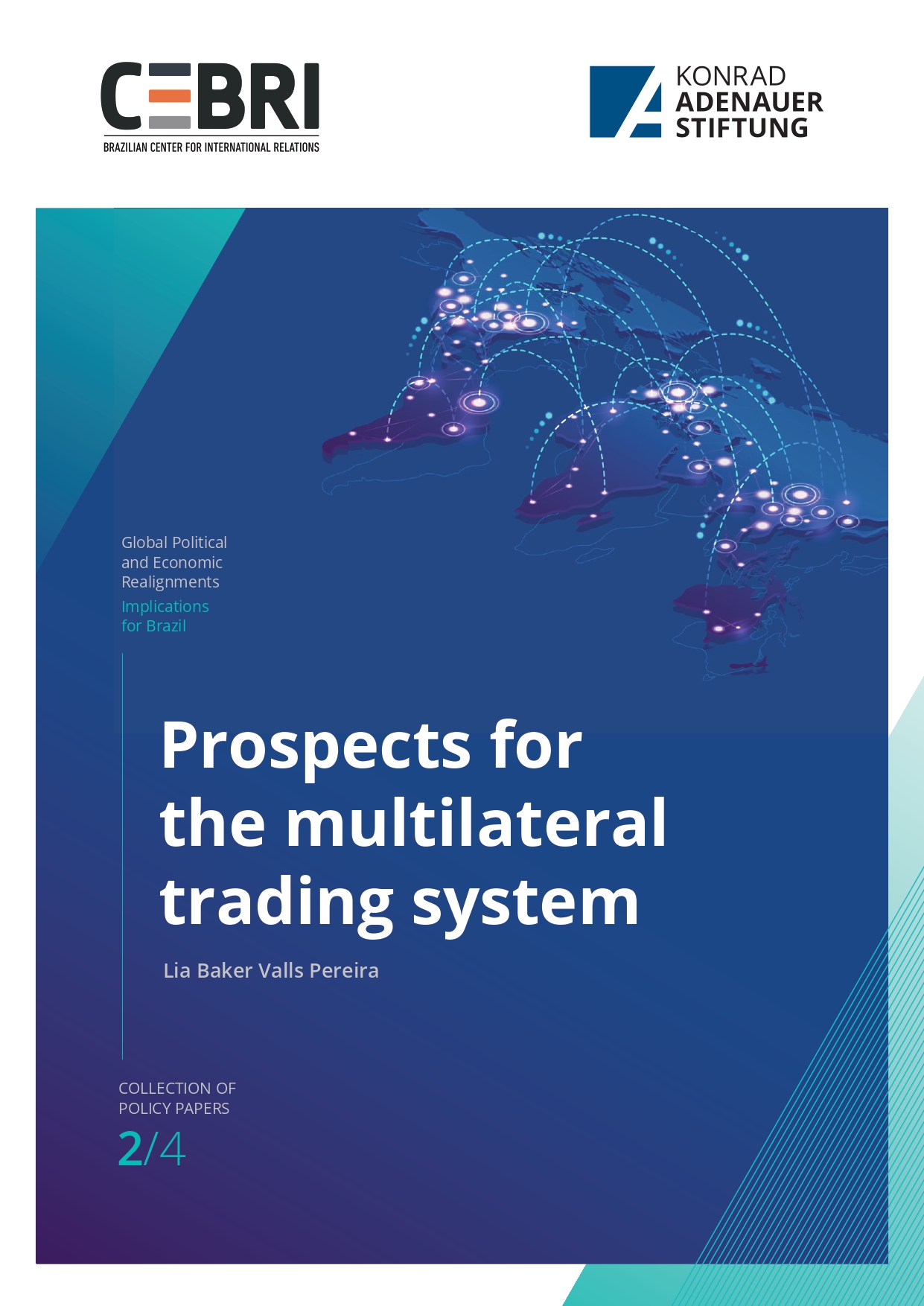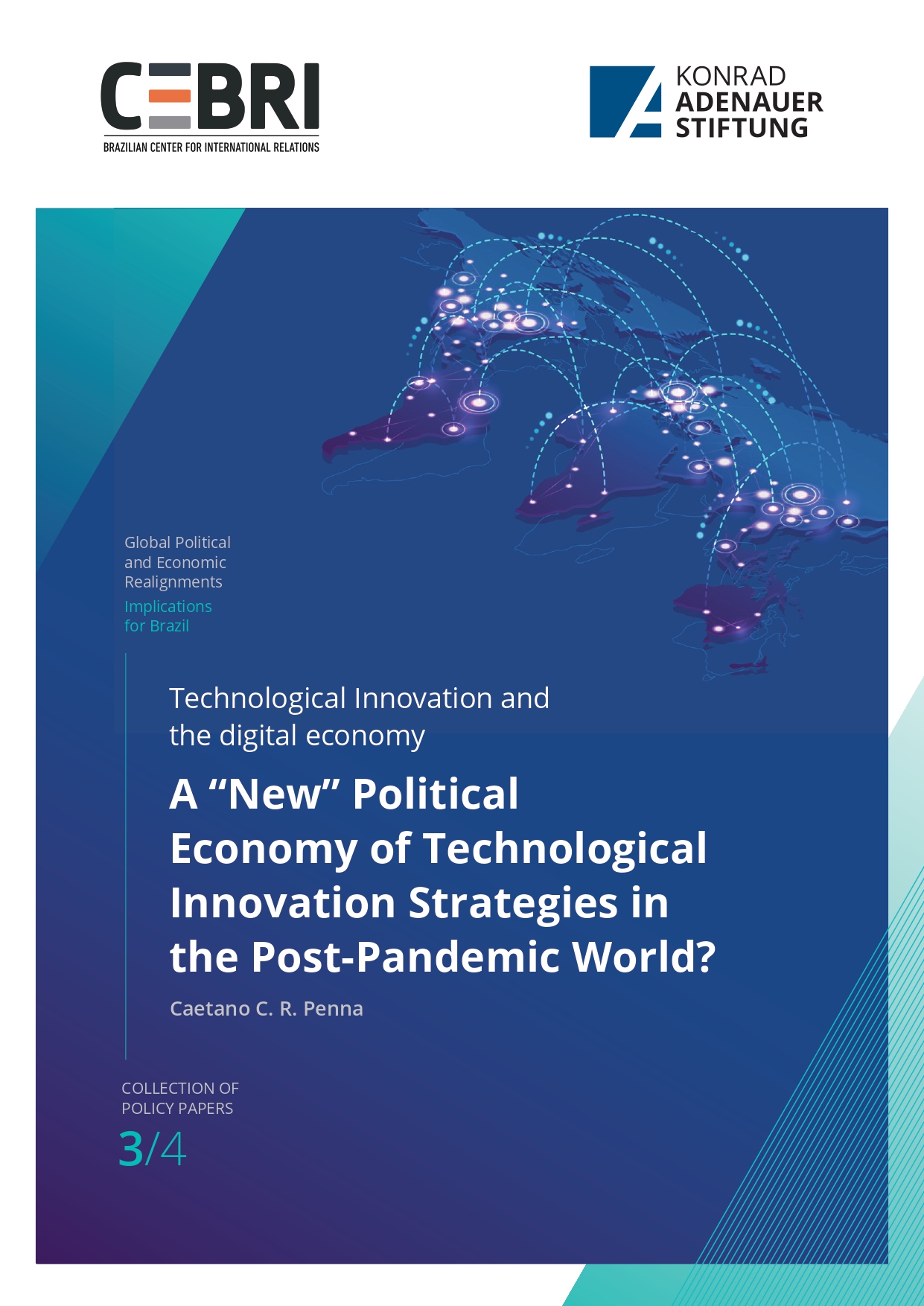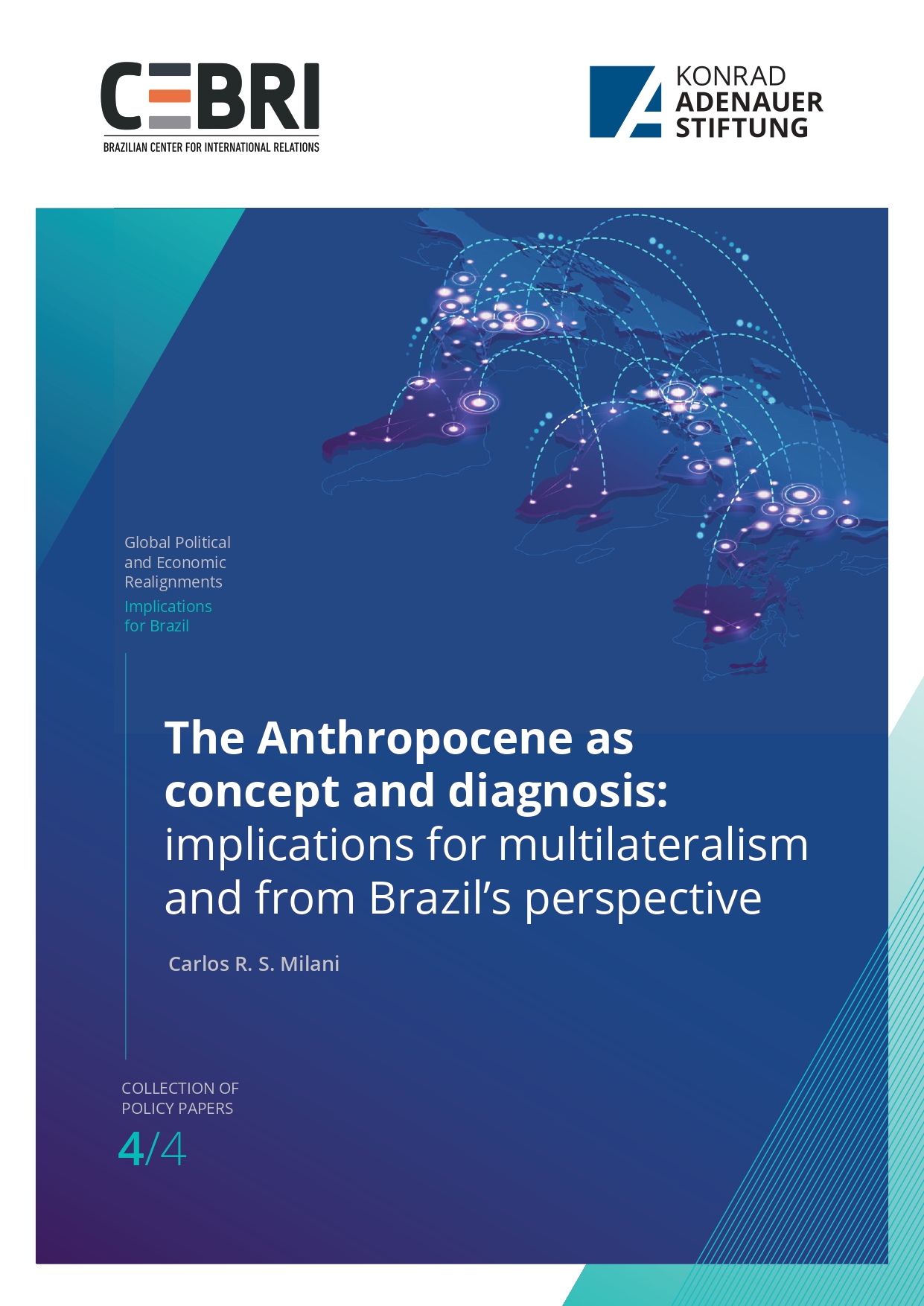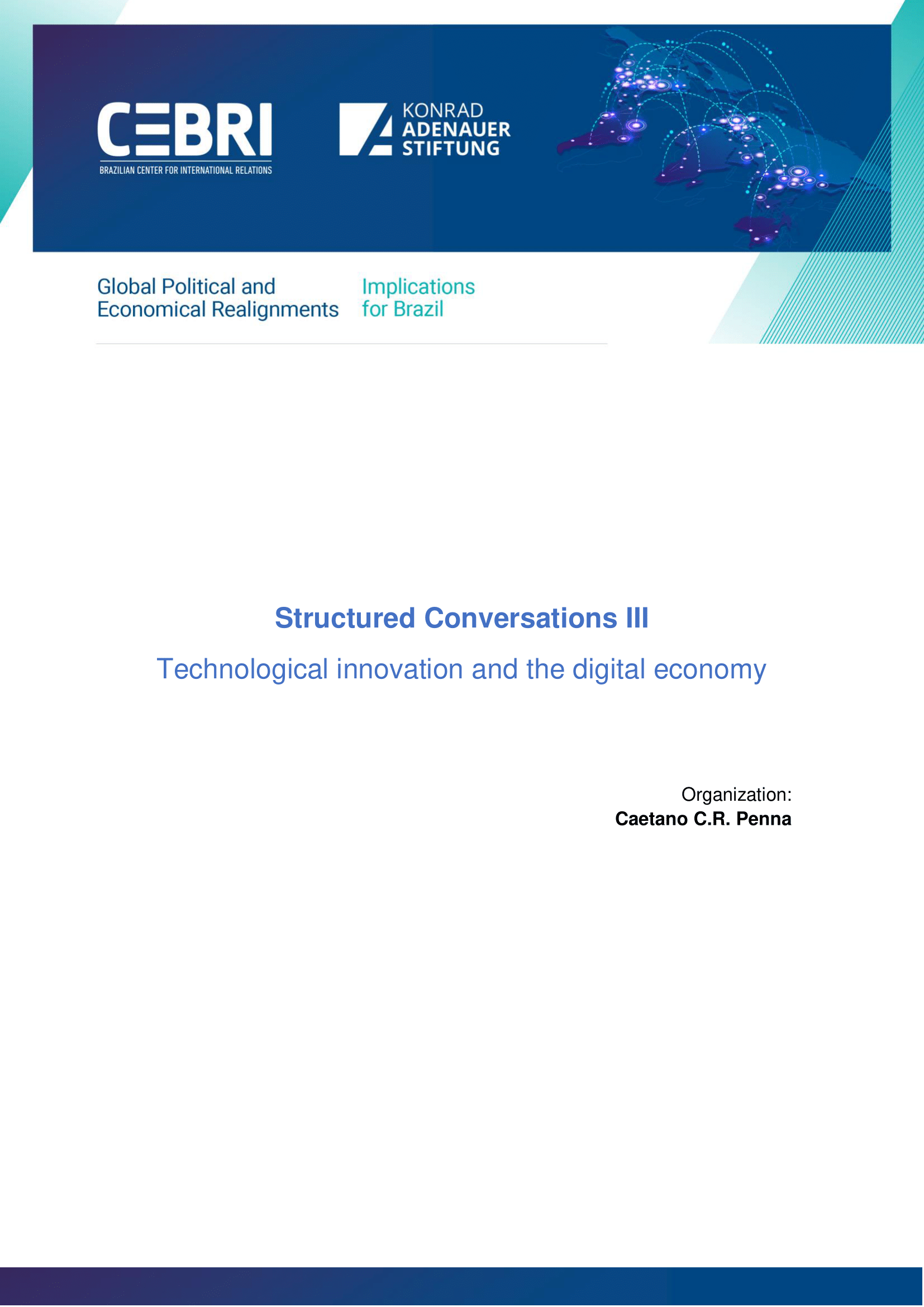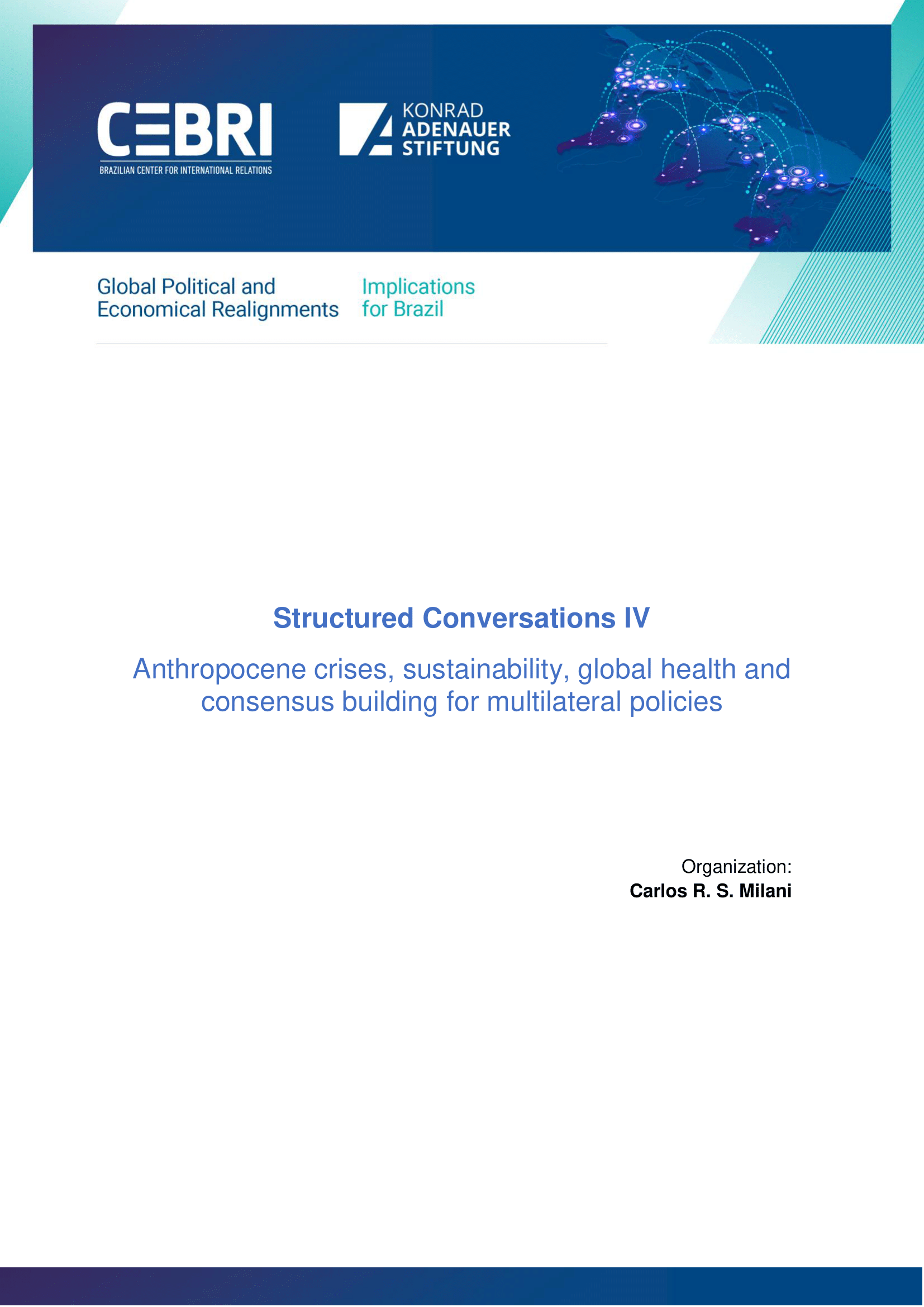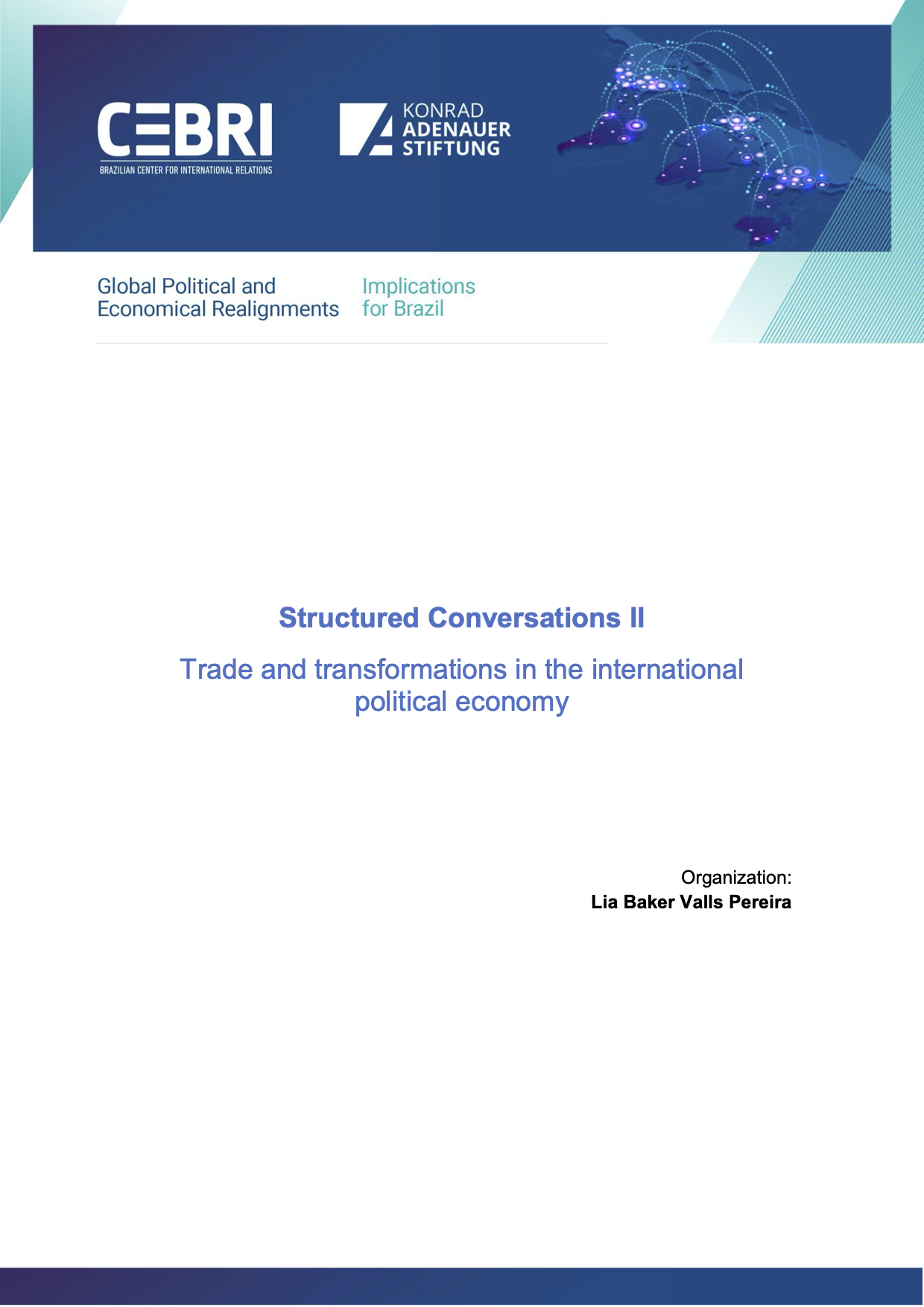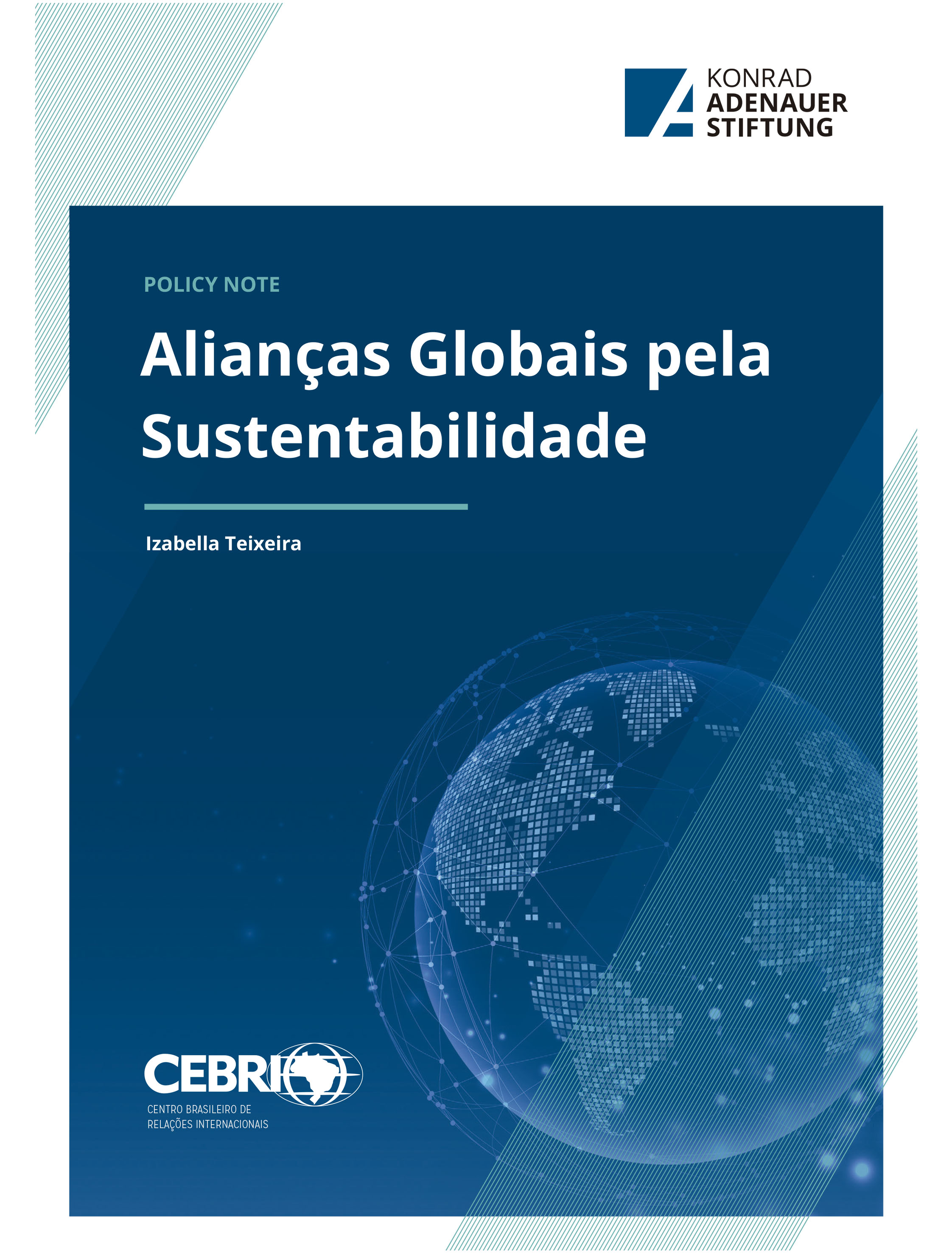Interviews
Structured Conversations I: Global Realignments and Foreign Policy Formulation: National and Regional Spaces and Global Insertion
- Multilateralism
- 21 october 2021
These Structured Conversations refer to the first thematic axis of the CEBRI-KAS 2021 project: Global realignments and foreign policy formulation: national and regional spaces and global insertion. The starting point of the discussions is the perspectives for the future of multilateralism in a scenario of crisis while emerging actors seek to strengthen the system by advocating for reforms. The experts interviewed were selected taking into account the diversity of regional perspectives, in order to obtain contributions that encompass the vision of actors with diverse interests.
In this sense, the axis "Global Realignments and Foreign Policy Formulation: National and Regional Spaces and Global Insertion", coordinated by Maria Regina Soares de Lima and Carlos R. S. Milani, seeks to analyze the contributions of the experiences of the different regionalisms for the future of multilateralism, the possibilities of arrangements between like-minded actors and the role of informal groups to promote agendas that encounter obstacles in the universal multilateral sphere.
Ambassador Ricardo Ernesto Lagorio:
“We are facing one of those historic moments - the kairos - when the system is in question: we are facing a crisis of governance.”
Professor Dr. Guo Jie:
“In a nutshell, the current crisis of multilateralism is a crisis of governance, not a crisis of the system itself.”
Professor Dr. Monica Hirst:
“The big issue in the debate is the capacity of liberal internationalism to reimpose itself.”
Professor Dr. Ana Covarrubias:
“The first issue to recognize, in my view, is that although the essence of multilateralism is cooperation and policy coordination among states, there is no single multilateralism, but many.”
Doctor Andrés Serbin:
“Multilateralism has been affected by unilateral and protectionist positions and policies of some relevant international actors and by nationalist and populist outbreaks that have occurred in different countries.”
Professor Dr. Luis Fernandes:
“There can only be an effective resumption and consolidation of multilateralism on the basis of a broad and comprehensive reform of its practices and institutions, in order to reflect the new composition of forces existing in the world in the 21st century.”
Professor Dr. Maxi Schoeman:
“The rise of nationalism and right-wing political movements in potential leader-countries, such as Brazil, seem to have muted their formerly active roles in global affairs.”
Professor Dr. Ziya Onis:
“What we see now is an environment in which the positive effect is the stimulus to broader participation, in a no longer Western-dominated order, but an order that includes several actors. We have a more pluralistic and participative governance structure, but also what I would call a fragmented multilateralism.”
Partner: Konrad Adenauer Foundation (KAS)
These Structured Conversations refer to the first thematic axis of the CEBRI-KAS 2021 project: Global realignments and foreign policy formulation: national and regional spaces and global insertion. The starting point of the discussions is the perspectives for the future of multilateralism in a scenario of crisis while emerging actors seek to strengthen the system by advocating for reforms. The experts interviewed were selected taking into account the diversity of regional perspectives, in order to obtain contributions that encompass the vision of actors with diverse interests.
In this sense, the axis "Global Realignments and Foreign Policy Formulation: National and Regional Spaces and Global Insertion", coordinated by Maria Regina Soares de Lima and Carlos R. S. Milani, seeks to analyze the contributions of the experiences of the different regionalisms for the future of multilateralism, the possibilities of arrangements between like-minded actors and the role of informal groups to promote agendas that encounter obstacles in the universal multilateral sphere.
Ambassador Ricardo Ernesto Lagorio:
“We are facing one of those historic moments - the kairos - when the system is in question: we are facing a crisis of governance.”
Professor Dr. Guo Jie:
“In a nutshell, the current crisis of multilateralism is a crisis of governance, not a crisis of the system itself.”
Professor Dr. Monica Hirst:
“The big issue in the debate is the capacity of liberal internationalism to reimpose itself.”
Professor Dr. Ana Covarrubias:
“The first issue to recognize, in my view, is that although the essence of multilateralism is cooperation and policy coordination among states, there is no single multilateralism, but many.”
Doctor Andrés Serbin:
“Multilateralism has been affected by unilateral and protectionist positions and policies of some relevant international actors and by nationalist and populist outbreaks that have occurred in different countries.”
Professor Dr. Luis Fernandes:
“There can only be an effective resumption and consolidation of multilateralism on the basis of a broad and comprehensive reform of its practices and institutions, in order to reflect the new composition of forces existing in the world in the 21st century.”
Professor Dr. Maxi Schoeman:
“The rise of nationalism and right-wing political movements in potential leader-countries, such as Brazil, seem to have muted their formerly active roles in global affairs.”
Professor Dr. Ziya Onis:
“What we see now is an environment in which the positive effect is the stimulus to broader participation, in a no longer Western-dominated order, but an order that includes several actors. We have a more pluralistic and participative governance structure, but also what I would call a fragmented multilateralism.”
Partner: Konrad Adenauer Foundation (KAS)
